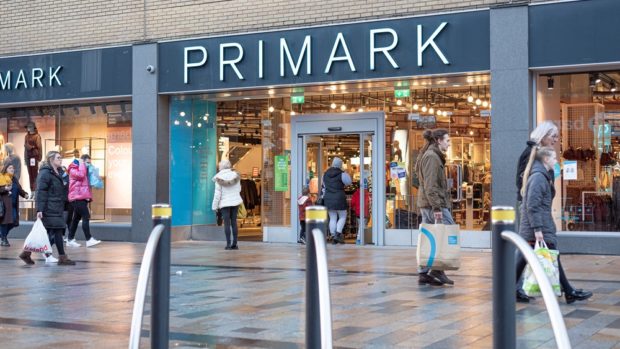Economic instability has left many on edge, with retail merchants poised for sudden change as whispers of a recession continue. The knee-jerk reaction of many has been to drive investment in future-proofing and business continuity, with a focus on omnichannel vs multichannel marketing outfits. Yet the hidden risk is not necessarily in how much people are paying; it’s in how they’re paying. Checkout finance options are now embedded into shopping, both online and in-store, and brings benefits to both retailers and consumers. However, many merchants are anchoring down to singular lenders, which leaves them more vulnerable to rate rises, falling acceptance rates, and in some cases, termination.
Melanie Vala, CCO of Deko, said, “Retail merchants often find themselves embedded within a finance product that tethers them to one single lender, which might not seem like a problem – until it is. Finance products often require an integration investment, and it’s this prior investment which puts many merchants off from switching to better-suited providers when their circumstances and needs change. Retailers are therefore typically wary of the disruption caused by switching. But, staying with one lender blindly does not avoid disruption. Many merchants have unfortunately found this out the hard way during the last twelve months – with lenders responding to heightened credit risks by raising fees and declining more customer applications.”
As of 2023, 36 per cent of Brits have used Buy Now Pay Later (a sub-product of checkout finance) to pay for purchases. This high demand for checkout finance from consumers means being turned off by a lender is a considerable and real risk to merchants. The antidote to this is a multi-lender fintech platform. Solving the possibility of being hit with an abrupt 1-month notice from a lender, a multi-lender platform enables merchants to switch lenders with the click of a finger. By opening up access to new lenders, merchants can connect to better acceptance rates (and therefore a higher volume of sales), better margins and in many cases improved cash flow due to shorter reimbursement periods.
Adopting a fintech platform provides the added value of a strategic business partner, they take care of the checkout finance options, ensuring they’re optimised for the merchant’s business model and actively monitor the moving tides of the market, to anticipate any consequential effects. And, when potential challenges do arise, merchants should be presented with solutions that are viable from both a commercial and product perspective. Retailers can therefore focus on the rest of their business operations and don’t need to worry about getting clued up on financial products and the risks to their sales strategies.
“A multi-lender finance partner provides merchants with the agility and ability to flex their credit strategy based on their changing needs, continues Vala. Having access to more than one lender or checkout finance product enables merchants to protect acceptance rates and have a plan B if plan A decides to fall through.”
By partnering with a fintech platform that provides integration into a network of lenders, retail merchants immediately reduce the risk of being left without a checkout finance solution. The multi-lender solution opens merchants up to more options, increasing acceptance and approval rates, and removing the risk of retail merchants being dismissed without any other options.
Vala concluded, “Economically, these are uncertain times for retail merchants in the UK, with many taking business a day at a time. Merchants must be more careful than ever in how they adopt a suitable finance partner, ensuring their solution offers easy access to a network of lenders. It is becoming increasingly common for tier 1 lenders to react heavily to changing credit risks resulting in merchants suddenly finding themselves integrated into a solution that isn’t appropriate for their needs. Merchants must look to agile financial platforms that can connect them to multiple lenders and multiple lending products if they want to truly future-proof their business.”








Share